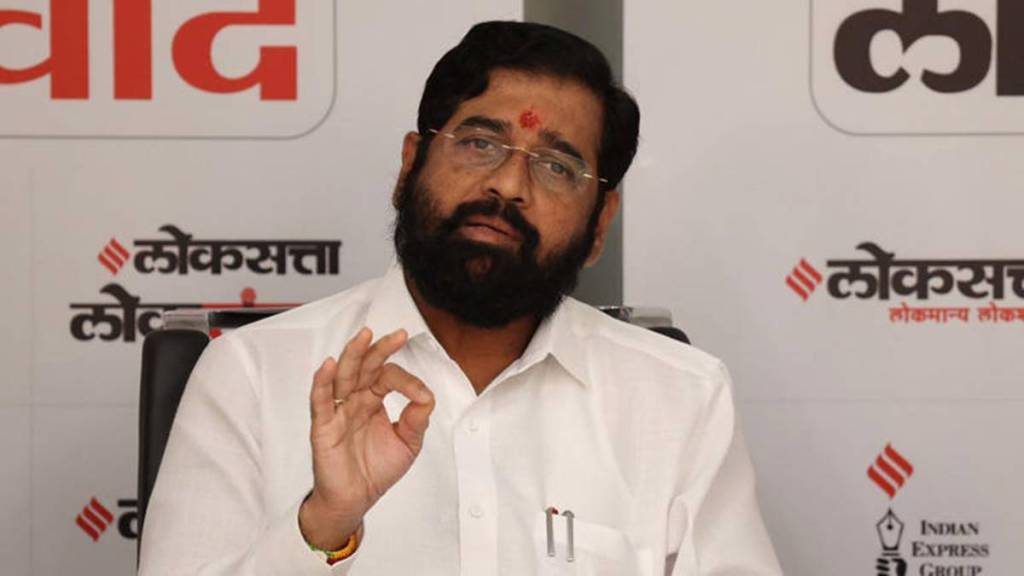The six-decade-old border dispute between the governments of Karnataka and Maharashtra over the control of 865 border villages is likely to escalate, with the Chief Minister Eknath Shinde-led government in Maharashtra on Monday issuing government resolution (GR) to extend benefits of the Mahatma Jyotirao Phule Jan Aarogya (MJPJAY) scheme to residents of the border villages. The border villages are located in the districts of Belgaum, Kalburgi, Bidar and Karvar in Karnataka.
This move comes amidst a legal battle over the Maharashtra-Karnataka border dispute pending in the Supreme Court.
In December, the Maharashtra assembly unanimously passed a resolution reiterating the state’s claim over Karnataka’s Marathi-speaking areas. The move came days after Union home minister Amit Shah on December 14 announced a six-member ministerial team will discuss the border issue and no state will stake a claim on any territory till the Supreme Court decides the dispute.
Ahead of the Assembly polls in Karnataka on May 10, this decision by the Maharashtra government is also likely to raise political temperatures in the state.
Meanwhile, the order said 865 villages from 12 tehsils in Belagavi, Karvar, Kalburgi and Bidar have been included under the Mahatma Jyotirao Phule Jan Arogya Yojana, news agency PTI reported.
The Maharashtra government has recognised several hospitals in the state where this scheme can be availed by the people, the order stated.
The state’s flagship health scheme is also set for its biggest expansion in a decade since its launch.
While presenting the state budget for the year 2023-24 in the state assembly on March 9, Shinde announced that the coverage of the Mahatma Jyotirao Phule Jan Arogya scheme (health insurance) has been increased from Rs 1.5 lakh to Rs 5 lakh. The revamped scheme is expected to be implemented in the coming months.
Mahatma Jyotirao Pule Jan Arogya Yojana, which was earlier known as the Rajiv Gandhi Jeevandayee Arogya Yojana, was started from July 2, 2012, in eight districts and then expanded to 28 districts of the state from November 21, 2013. The flagship scheme provides end-to-end cashless services for identified diseases through a network of service providers from government and private sector.

